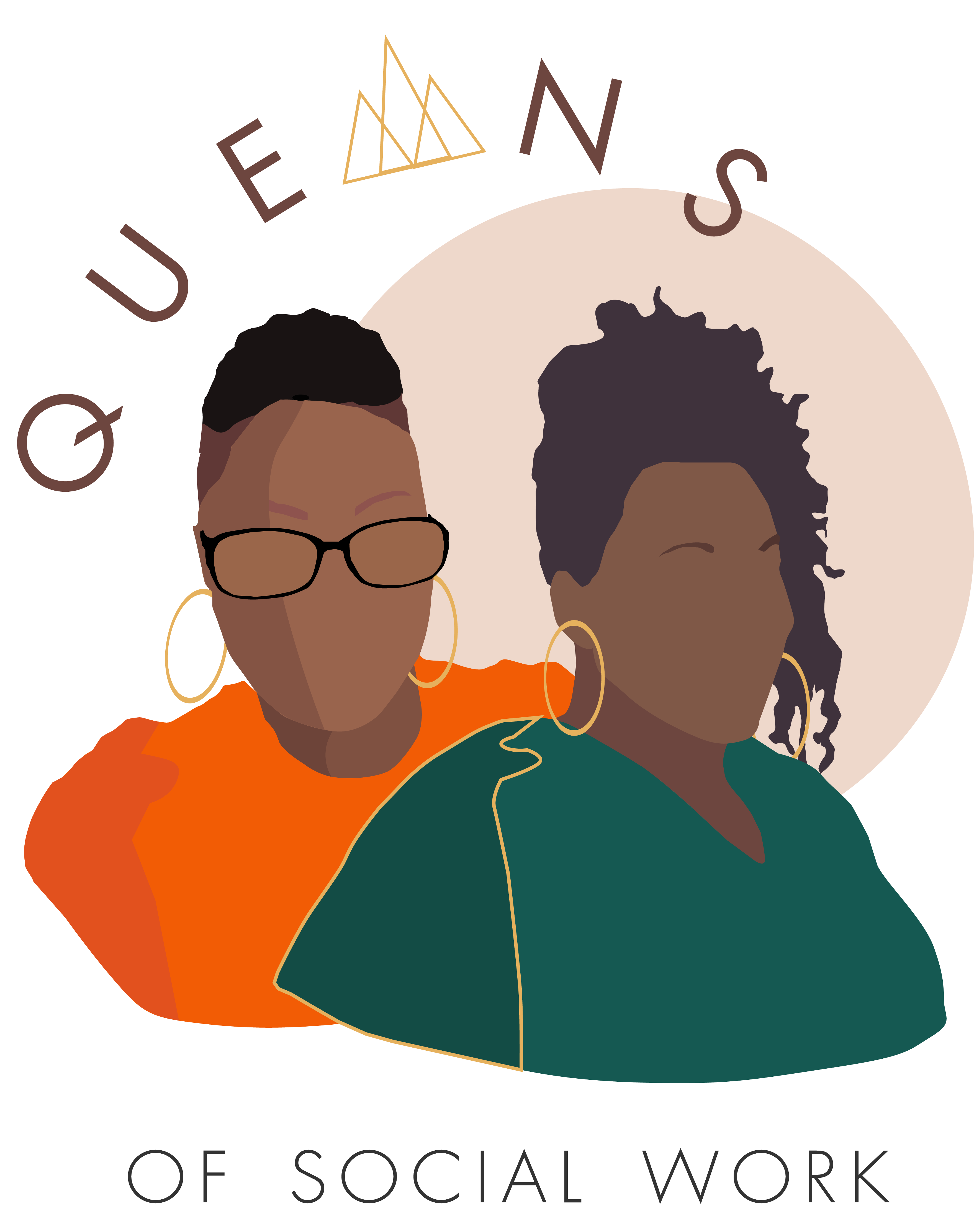Advocacy has always been a pillar of social work - but the way we advocate has evolved. With increasing regulation changes, tech-driven organizing and shifting public narratives, today’s social workers are being called to advocate differently (and more strategically) than ever before.
For Black and BIPOC social workers, especially those navigating systems while also surviving them, advocacy can feel both personal and political. Whether you’re in direct practice, policy, education or healthcare, this blog post is here to help you reimagine and refresh your advocacy toolkit for the realities of today’s world.
What Is Modern Advocacy in Social Work?
Advocacy in social work means actively supporting and promoting the rights, needs and well-being of individuals, families and communities. But in today’s world, that definition must also include:
-
Digital activism and tech-based tools
-
Policy education and response around fast-moving legislative threats
-
Internal workplace advocacy for equitable practices
-
Ethical navigation of platforms, partnerships and power
Core Areas Where Modern Advocacy Is Needed
These issues are shaping the advocacy landscape for social workers right now:
-
The mental health care crisis (especially for youth and communities of color)
-
Reproductive justice restrictions
-
Anti-DEI legislation
-
Student loan policy shifts impacting MSWs and clinical licensure
-
Threats to LGBTQIA+ rights and gender-affirming care
-
Climate displacement and housing instability
-
Workplace burnout and unfair labor practices in nonprofit and public sectors
Modern Advocacy Tools and Tactics Social Workers Can Use
The key to modern advocacy is to combine grassroots action, professional skill and the latest technology. Here’s how:
1. Integrate Modern Advocacy into Clinical Practice
Modern advocacy doesn’t just live at the policy level - it belongs in your clinical and casework too.
-
Identify systemic barriers in your client’s treatment plans (e.g., access to housing, food or insurance)
-
Use letters of support to advocate for clients with housing authorities, school systems and courts
-
Document microaggressions or policy gaps within your agency and push for internal change
-
Connect clients with local orgs offering direct advocacy or mutual aid
🔑 Tool Tip: Use the NASW Practice Perspectives library to align your clinical advocacy with the NASW Code of Ethics.
2. Level Up Your Policy Literacy
Understanding key legislative issues helps you advocate effectively—especially when representing marginalized communities.
-
Subscribe to NASW’s Advocacy Alerts or The Center for Law and Social Policy (CLASP)
-
Review state-level legislation that impacts licensure, social work funding and DEI in your region
-
Join or attend local board of social work meetings and public comment hearings
-
Learn how to write effective op-eds or testimony from groups like the People’s Institute for Survival and Beyond or Race Forward
⚠️ Quick Action: Sign up for trackbill.com to follow bills related to social work and health justice.
3. Use Digital Advocacy With Intention
Modern advocacy often happens online—but strategy matters.
-
Use platforms like Action Network, Change.org, and EveryAction to amplify campaigns
-
Tag local legislators or agencies in data-driven social media posts (not just emotional appeals)
-
Host Instagram Lives or webinars that unpack real issues (e.g., “How Anti-DEI Laws Affect Social Workers of Color”)
-
Make your LinkedIn presence count—share short policy insights or amplify local efforts you believe in
🔑 Pro Tip: Always fact-check stats and align your messaging with advocacy ethics—avoid trauma porn and tokenization.
4. Build Coalitions—Not Just Followers
Advocacy is collective by nature. Build relationships with others doing the work.
-
Partner with grassroots orgs and community-led efforts led by those directly impacted
-
Join or create a social worker advocacy circle in your city or state
-
Stay accountable to intersectionality in your advocacy: race, gender, disability, housing, immigration and environmental justice
-
Use your platform to amplify—not replace—the voices of those most impacted
5. Understand the Ethics of Modern Advocacy
Advocacy can sometimes clash with agency policy, licensing boards or even funders. So what’s the line?
-
Know your NASW Code of Ethics, especially standards related to Social Justice, Integrity and Professional Conduct
-
Document everything. When advocating internally (especially for DEI or labor conditions), keep professional records
-
Prioritize client safety and informed consent before sharing stories—even anonymized
-
Avoid “performative advocacy” that centers optics over outcomes
Real Talk: Advocacy as Self-Preservation
For social workers of color, advocacy often comes with emotional labor, personal risk and burnout. That’s why today’s modern advocacy also includes:
-
Setting boundaries with who and how you fight
-
Saying no to unpaid or unrecognized labor
-
Resting as resistance
-
Letting go of the savior complex and moving toward collective, sustainable action
Looking Ahead
Social workers are often the first to recognize injustice - and the last to be recognized for fighting it. But today’s modern advocacy looks like sustainability, strategy and shared power.
You don’t have to do it all. You just have to do it with intention.
Want to Keep Building Your Career With Purpose?
Listen to our podcast episode:
Season 9, Episode 3 – “Careerism in Social Work”
In this episode, we explore how to build a social work career with impact and integrity - without losing yourself to burnout or the system. Learn how career growth, advocacy and personal alignment can all coexist. Listen here or below.
